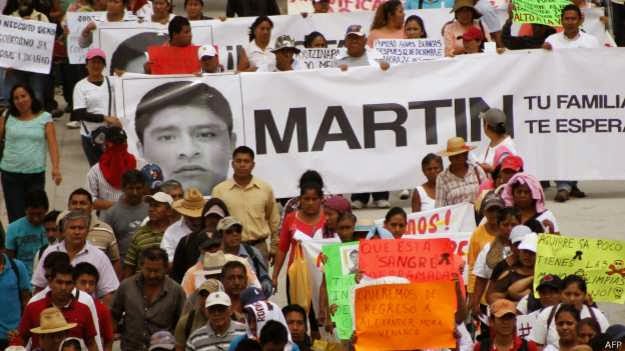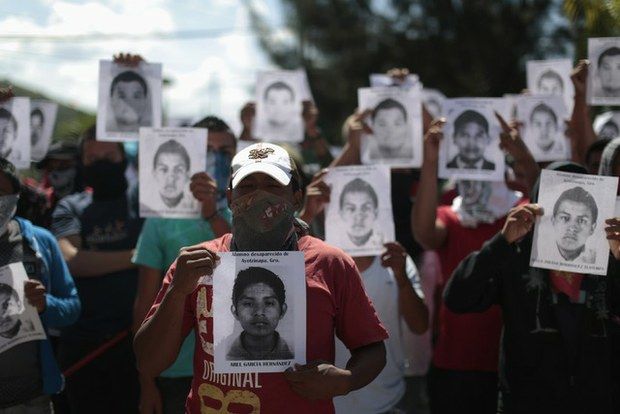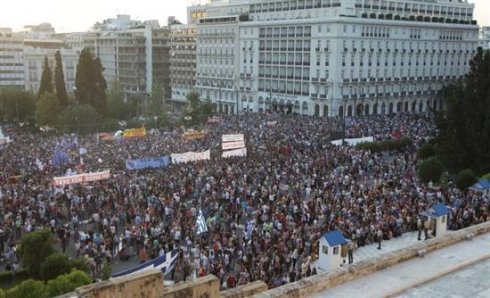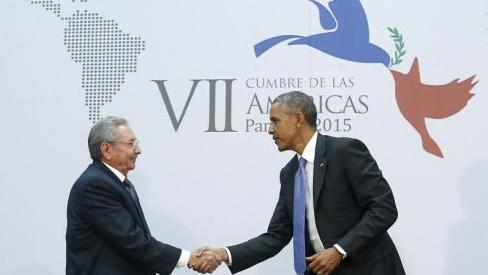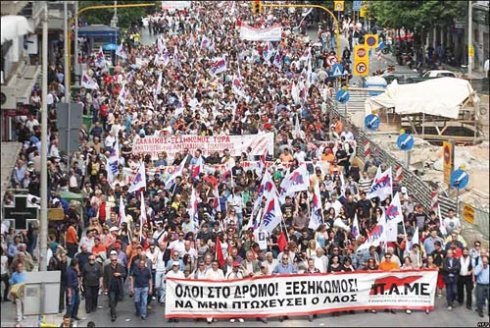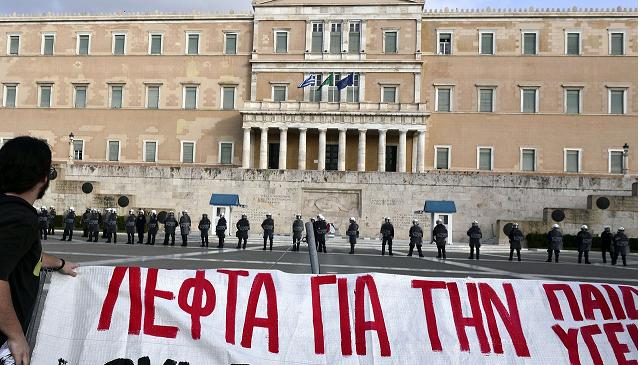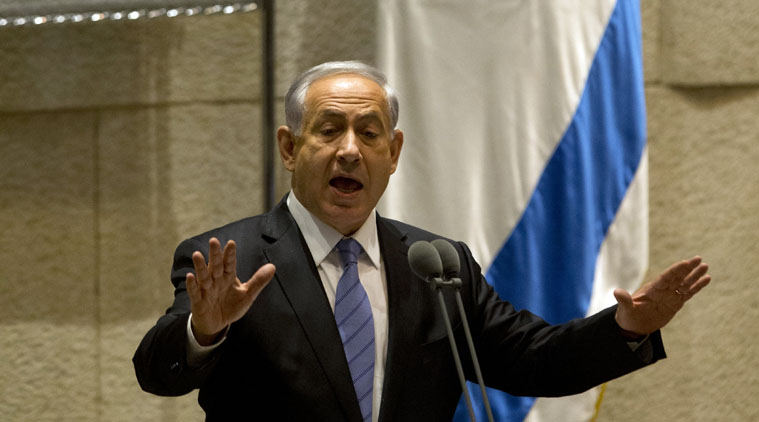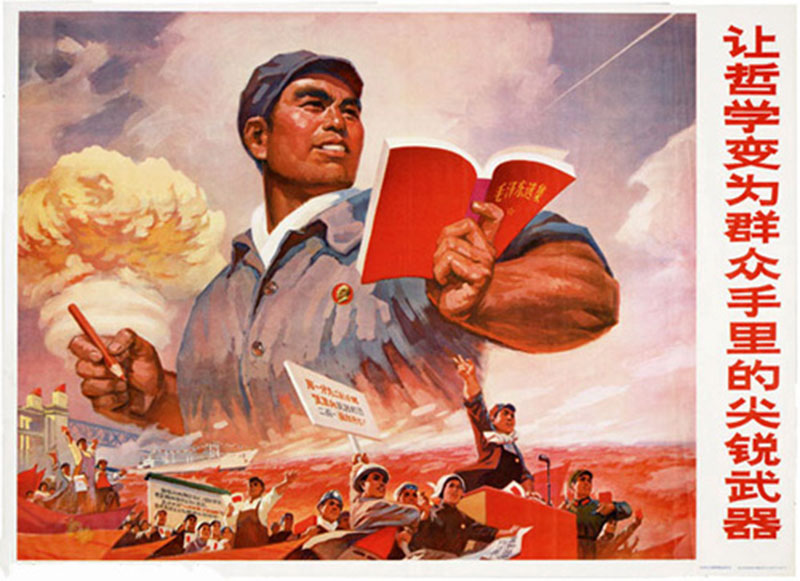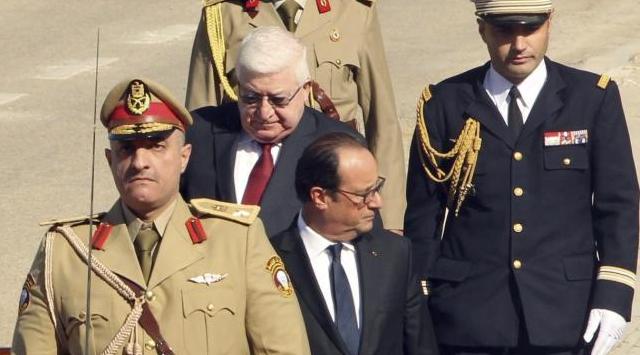International
Rebellion in Turkey
08/06/2013
Thursday, June 6, 2013
The situation that has begun in Turkey shows, once more, that, when there is dry grass, a spark is enough to ignite a political bonfire. The extremely harsh police repression against a small group of young environmentalists that were occupying the central Taksim Square in Istanbul, in protest because of the construction of a shopping mall where there is now a park, has become a national rebellion against the government of Prime Minister Recep Tayyip Erdoğan, of the Justice and Development Party (AKP). The state repression against this wave of protest has left a provisional toll of 2 youths, who died at the hands of the repressive forces, and more than 1,500 arrested.
The government, that had adopted a hard position against the demonstrators, has changed its policy. Taking advantage of the absence of Erdoğan, who is travelling in Morocco, the Deputy Prime Minister apologized for the “use of excessive force,” recognized the environmentalists’ protest as legitimate, and proposed a mechanism for dialogue.
But, up to now, neither this government gesture, nor the intervention of the opposition Republican People’s Party, traditionally tied to the armed forces, in the movement, has been able to demobilize the rebellion under way. After six days of massive mobilizations, mainly of groups of the urban middle class and various oppressed minorities, the protest entered a new stage on Wednesday, June 5, with the strike and mobilization called by the Confederation of Public Workers’ Unions (KESK) and the Confederation of Revolutionary Trade Unions (DISK), that claim 240,000 and 350,000 members, respectively. In this way, broad groups of the working class have joined the struggle. With the cry, “Taksim, resist, the workers are coming!” tens of thousands of people converged on Taksim Square, which has turned into the heart of the revolt, demanding the removal of the police chiefs, the release of all those arrested, and the cancellation of the government’s controversial “urbanization” project. Similar scenes recurred in Ankara and other big cities of the country.
Although the mobilization is not yet enough to overthrow the government, that, after a decade in power, still retains the support of big swaths of the population, Erdoğan is facing the first significant political crisis, and how it will end remains open.
The driving forces of the mobilization
This explosive social outburst, that took the government by surprise, shows that under the apparent political stability, sustained by a decade of high rates of economic growth, a profound discontent against an authoritarian and oppressive regime has been developing. The protest, with a high share of spontaneity, is a result of the combination of immediate democratic and social demands with political problems that are at the basis of the formation of the Turkish state, among them: the national oppression of the Kurdish minority, the tension between secular nationalism and the Islamist political forces, Turkey’s role as a main ally of US imperialism and a member of NATO, and its position as a “bridge” between the West and the Middle East.
Broad groups of the secular middle classes see how the Justice and Development Party, despite representing a moderate version of Islamism and having respected the secular character of the state, is trying to move forward in imposing religious values – like restricting alcohol consumption – which potentially endangers democratic rights, like the right to an abortion, achieved in 1983. In turn, Erdoğan has been promoting a constitutional reform that would entail a more Bonapartist change, towards a regime with a strong President, and would allow him a new term in power, this time as President.
Together with these democratic demands is the profound social inequality, that has intensified, despite a decade of growth at an average rate of 7.5%, that transformed Turkey into the seventeenth-largest economy in the world. With the protection of the AKP, a loyal political bureaucracy has become rich and a corporate elite that took advantage of the neoliberal policies and privatizations. The “urbanization” program that Erdoğan has been promoting, that triggered the current wave of protest, benefits the capitalists and those who can gain access to luxury housing, while it seeks to expel the poor and workers from the neighborhoods in the center of Istanbul. This explains part of the popular hatred, especially among groups of young people, that are the ones who find themselves most affected by unemployment, now that the “Turkish miracle” has been exhausted, and economic growth scarcely reaches 3%.
Another element that is fostering the discontent with the government is the growing opposition to Turkey’s interventionist policy, particularly, its direct interference in the conflict in Syria with the approval of the United States, especially after a terrorist attack attributed to sympathizers of the Assad regime, that claimed the lives of 46 civilians.
The regional consequences of the crisis of the “Turkish model”
The crisis that has begun in Turkey has regional effects: Turkey is a strategic ally of US imperialism in the Muslim world; it is a key component for maintaining the geopolitical interests of the imperialists and the Zionist state in the Middle East, and it is playing a central role in the Syrian civil war, in addition to being a member of NATO.
For this reason, Washington is more than worried by the blow that the revolutionary downfall of Erdoğan would signify. The United States is promoting the so-called “Turkish model,” that is, a regime of guided democracy, based on the political hegemony of moderate Islamism and on the role of the armed forces as a guarantor of the pro-imperialist regime, as a political solution of diversion in the countries where, as a result of the “Arab Spring,” the pro-imperialist dictatorships have fallen, as is happening in Egypt or in Tunisia with the government of the Muslim Brotherhood. The crisis of this “model,” a result of the popular mobilization, can encourage the struggle of broad groups from the vanguard of the workers and young people, who have been confronting these reactionary governments.
Up to now, Turkey has stayed on the fringes of the “Arab Spring”; perhaps this crisis is a warning that Turkey’s turn is coming.

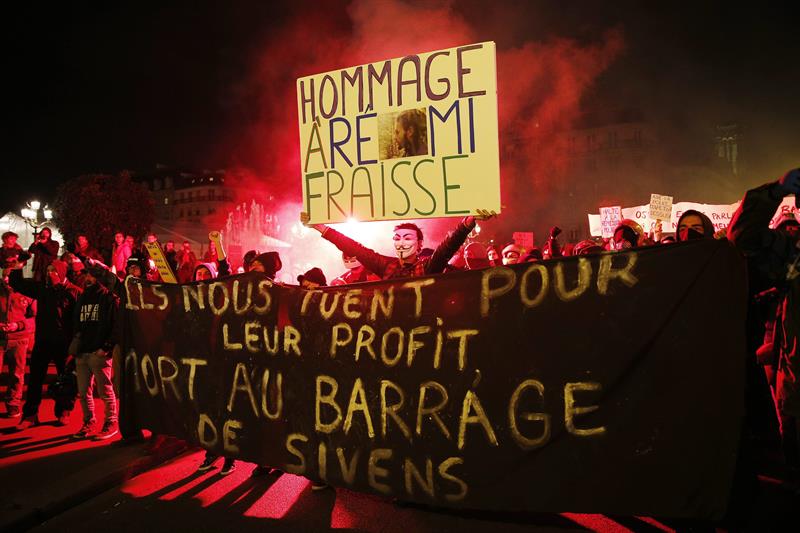
![Declaration of the Movimiento de los Trabajadores Socialistas [MTS] facing the brutal murder and disappearance of the normalistas students of Ayotzinapa](http://www.ft-ci.org/IMG/arton8590.jpg?1687978277)
